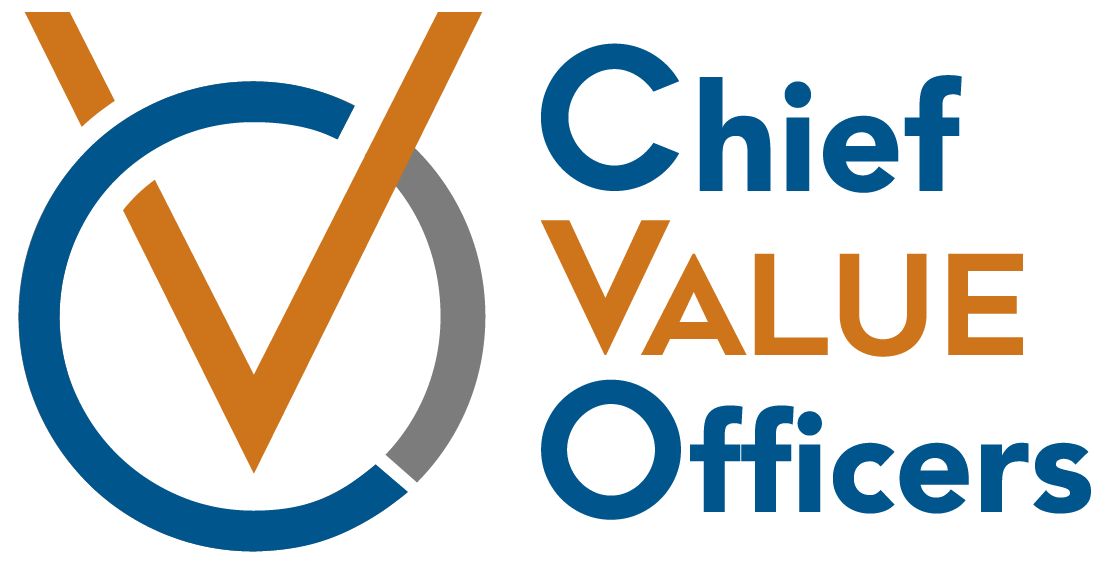Do your employees trust you? Do they believe you when you tell them that the company is doing great, or that there are some major issues to deal with, or that they will be rewarded for all of their hard work and devotion? According to a survey conducted by Mercer Human Resource Consulting, 60% of all employees would answer no. Only 40% said that they trusted their bosses to communicate honestly. Mercer concluded from the responses that US workers feel pride in their organizations, but they don’t exhibit much trust in the people running their companies. Further, only 38% said that their leaders did a good job of communicating important business decisions, and less than half felt that their companies were well managed. This survey included 1300 workers at 800 larger organizations.
These findings are understandable in larger companies. What is hard for me to understand, however, is how an organization, especially a smaller company, could function effectively without trust in its leadership. Trust just seems to be so basic to an organization’s performance. How effective can the leader of an organization be if the employees cannot trust him or her? What employee would follow the lead of someone that could not be trusted? Why would employees go above and beyond if they did not believe that their promised rewards would become reality? Leadership, to be effective, requires the team’s respect. Without trust, how can there be respect? Without trust in leadership, how can the organization create a culture that promotes ethical behavior?
In the world of smaller businesses, there are both extremes. There are organizations where trust and ethics form the cornerstone of the organizational culture. Then there are organizations where the line between truth and fiction has become so blurred that little can be taken at face value. Employees in organizations that are built on trust and ethics often perform well above what is expected of them because they trust and respect their leadership and management. They trust that when they are asked to “step it up,” there are valid reasons, and they respond accordingly. In these organizations, trust and ethics typically also results in strong customer loyalty. Customers of these companies, like their employees, are loyal to the company. They trust that they are getting honest answers, honest prices, and honest service. They often consider these suppliers as “partners,” not simply vendors. And, they know that should they happen to experience a problem, they will be treated fairly and ethically.
On the other extreme are companies that do not put trust and ethics on the leading edge of their missions. Although it may not be the case, some of these companies seem like they are searching for ways to eliminate trust and function unethically. Ethical and trusting employees typically have a hard time functioning in organizations like this. They are uncomfortable not being able to trust their leadership. When they are asked to cover up or even lie to other employees or customers, and their personal ethics get tested, they often leave the company. And, because organizational cultures tend to build on themselves, an unethical and untrusting culture will attract people who support that type of behavior. These people are comfortable and can justify their own behavior in the behavior of their bosses. Customers of these companies, however, tend to be short-term. They seldom give a company that doesn’t treat them ethically and truthfully another chance to do it again.
Trust and ethics are golden commodities for an organization to possess. They are hard to establish because they require total dedication to the ideal and then proof through actions. Telling potential employees or customers that you and your organization are ethical and can be trusted is not enough. If they give you a chance, your actions need to follow your promises. And one time is not enough. Trust can only be gained over repeated actions. Then, once gained, it must be guarded judiciously and become an ongoing mission of the organization. Something that everyone in the organization supports and practices even at times, at the expense of profits.


Recent Comments